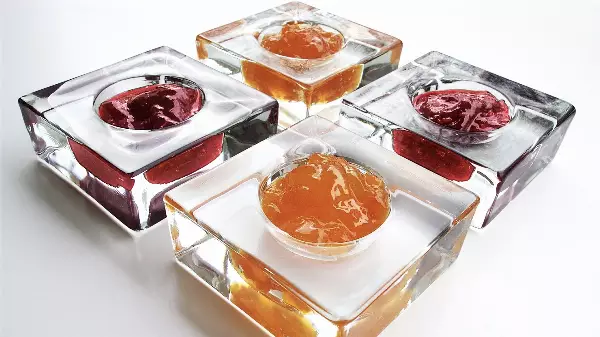Where Does Fat Go When You Lose Weight?
Having said, “Excuses don’t burn calories.”
When you lose weight, have you ever doubted where the fat goes?
Until recent studies found, it was believed wrongly that fat is converted to energy or heat. But this theory violates the law of conservation of matter that all chemical reactions follow.

Another false belief supported that the metabolites of fat are either excreted in the feces or converted to muscle.
Scientists from the University of New South Wales explained the result of their findings. That has left many health professionals startled, regarding the conception of weight being converted into energy or muscle or leaves the body through the colon (big intestine).
According to the latest research conducted, fat while losing gets converted to carbon dioxide and water mixes into the circulation until you lose it as urine or sweat.
Statistics of Fat
To explain the concept, let us suppose you lose 10 kg of fat. 8.4 kg of fat would be coming out through your lungs and the remaining 1.6 kg would turn into water which you will lose in the form of urine or sweat. The research concluded that nearly all the weight that is lost is exhaled.

What Happens To The Food In The Stomach?
According to scientists, almost everything we consume (carbohydrate get digested, fats are converted into carbon dioxide and water and some portion of protein is turned into urea and other solids and excreted as urine) comes out through our lungs.
The portion of food that goes into your colon is the undigested and intact dietary fiber like sweet corn, peas, beans, carrot, and broccoli, etc.
Everything other than protein, fat, dietary fiber, and carbohydrate that we swallow is absorbed into the bloodstream and organs. The food gets stored as subcutaneous fat. It stays there until you vaporize it.

Explaining the Science behind Weight Loss
To lose weight according to science, a person needs to convert fat into carbon dioxide which they could simply breathe out. But unfortunately, this does not happen. Huffing and puffing more than needed does not tantamount to weight loss. This process called hyperventilation leaves you dizzy, and in extreme cases can cause fainting.
To lose weight, you consciously have to increase the amount of carbon dioxide produced in your body. And this can be done by moving your muscles; in other words, exercising.
Simple exercises like standing up and dressing up more often lead to doubling your metabolic rate. Walking triples your metabolic rate and so is the process with cooking, sweeping and mopping, etc.
The metabolic rate of the body is - 100 grams of fat consumes 290 grams of oxygen and produces 280 grams of carbon dioxide along with 110 grams of water. This implies to lose 100 grams of fat you must exhale 280 grams of carbon dioxide produced in your body by the method of vaporization.
This means if you follow a diet that supplies fuel lesser than you burn, it will help you lose the weight.

Some Techniques (Tips) That Can Help You Lose Weight Faster Are:
- Drink Water especially before meals as it fastens the metabolic rate.
- Drink green tea or black coffee
- Have regular and nutritious breakfast of egg, citrus fruits, whole grains , etc
, etc
- Follow intermittent fasting pattern in which you juggle periods of fasting and eating. The methodology works very effectively for weight loss as there is continuous calorie restriction.
- Reduce refined sugar intake
- Cut refined carbs consumption available in the form of white bread and pasta
- Enjoy low-carb diet more often to lose weight and stay healthy

Very importantly exercise regularly or count calories while you eat. Increase dietary fiber (especially viscous fiber) in your meals so that it can increase satiety and control weight.
updates?










0